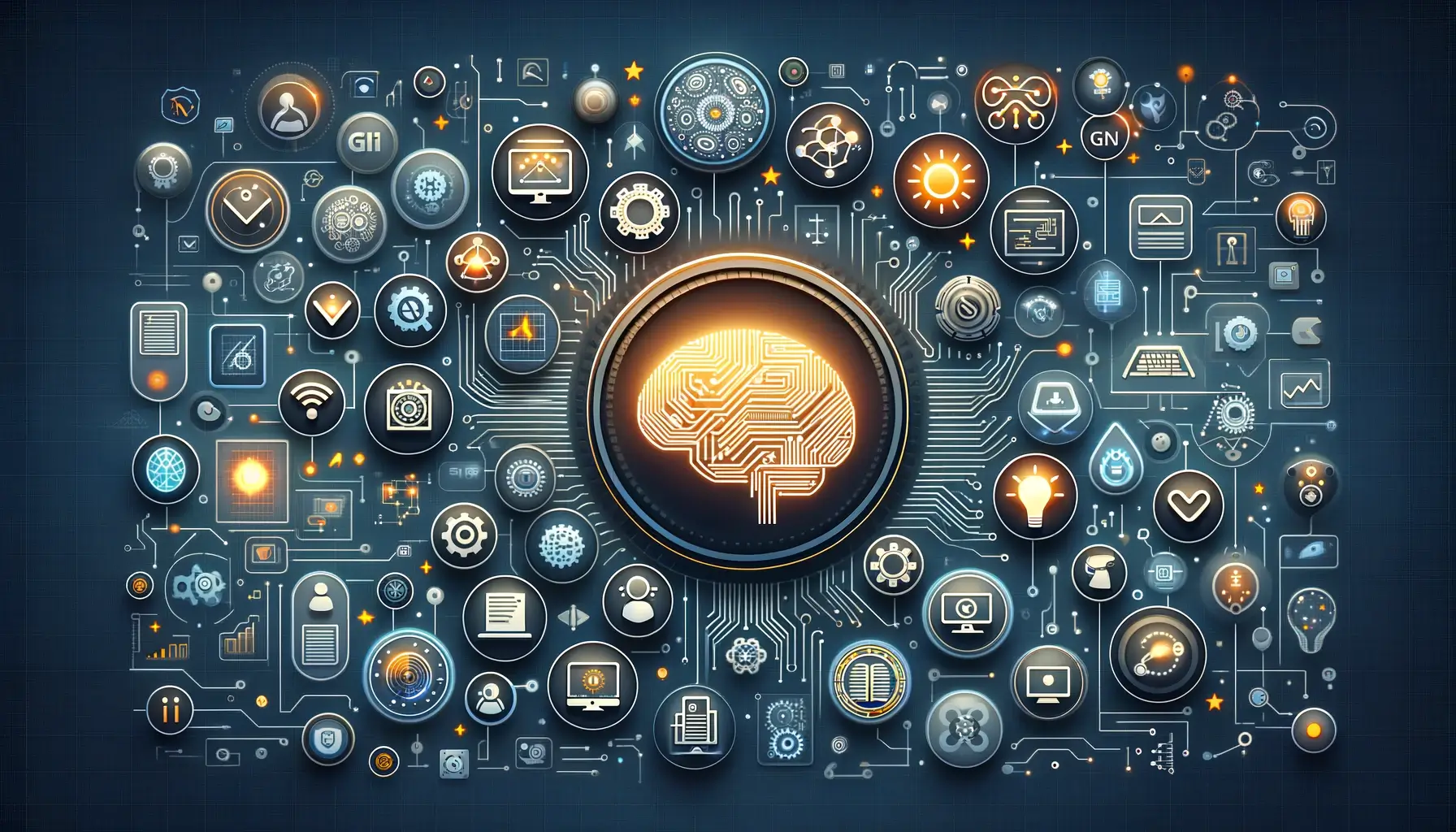Technology is changing our world at an astonishing rate! Its sweeping changes can be found everywhere and they can be explained as both thrilling, and at the very same time frightening. Although people in numerous parts of the world are still attempting to come to terms with earlier technological revolutions together with their sweeping social and instructional implications - which are still unfolding, they have actually been awoken to the truth of yet another digital transformation - the AI revolution.
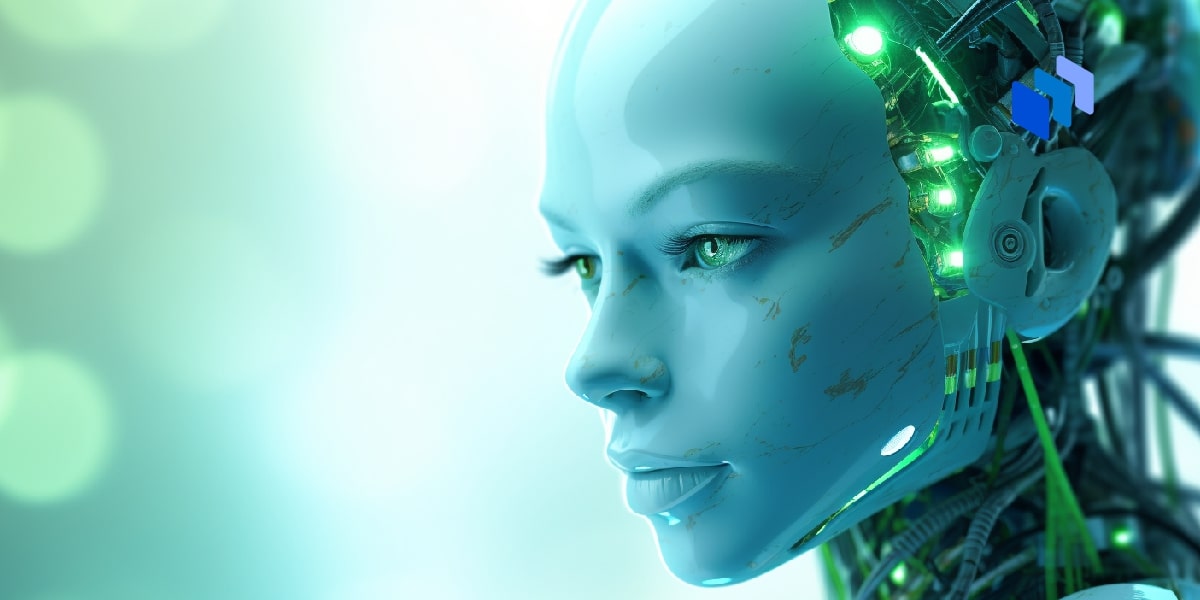
Artificial Intelligence (AI) technology refers to the ability of a digital computer or computer-controlled robot to perform tasks that would otherwise have been performed by humans. AI systems are developed to have the intellectual processes that characterize people, such as the capability to reason, find meaning, generalize or gain from past experience. With AI technology, vast amounts of information and text can be processed far beyond any human capacity. AI can likewise be used to produce a vast range of new material.
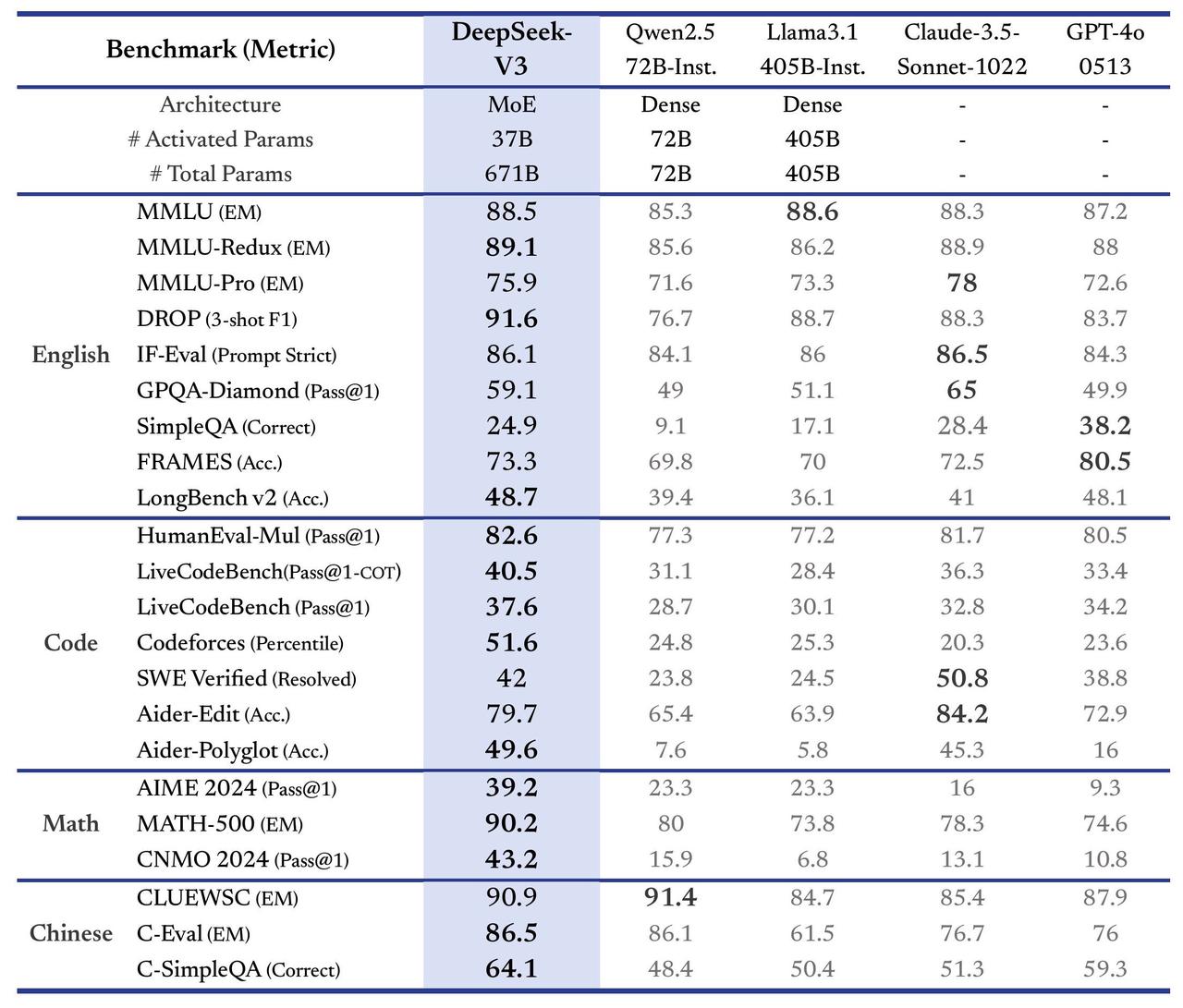
In the field of Education, AI innovation comes with the prospective to make it possible for new kinds of teaching, learning and educational management. It can also improve finding out experiences and support instructor jobs. However, regardless of its positive potential, AI also positions significant risks to students, the teaching neighborhood, education systems and society at large.
What are some of these dangers? AI can lower mentor and learning procedures to estimations and automated tasks in manner ins which decrease the value of the function and influence of teachers and weaken their relationships with learners. It can narrow education to only that which AI can process, model and provide. AI can likewise aggravate the worldwide lack of certified instructors through out of proportion spending on innovation at the cost of financial investment in human capacity development.
Making use of AI in education also produces some basic questions about the capability of teachers to act purposefully and constructively in determining how and when to make cautious usage of this technology in an effort to direct their expert growth, find services to challenges they face and improve their practice. Such fundamental questions include:

· What will be the role of instructors if AI technology become extensively executed in the field of education?

· What will assessments appear like?
· In a world where generative AI systems seem to be establishing brand-new abilities by the month, what abilities, outlooks and proficiencies should our education system cultivate?
· What modifications will be needed in schools and beyond to help trainees plan and direct their future in a world where human intelligence and vmeste-so-vsemi.ru maker intelligence would appear to have become ever more carefully linked - one supporting the other and vice versa?
· What then would be the purpose or role of education in a world dominated by Artificial Intelligence technology where people will not always be the ones opening new frontiers of understanding and knowledge?
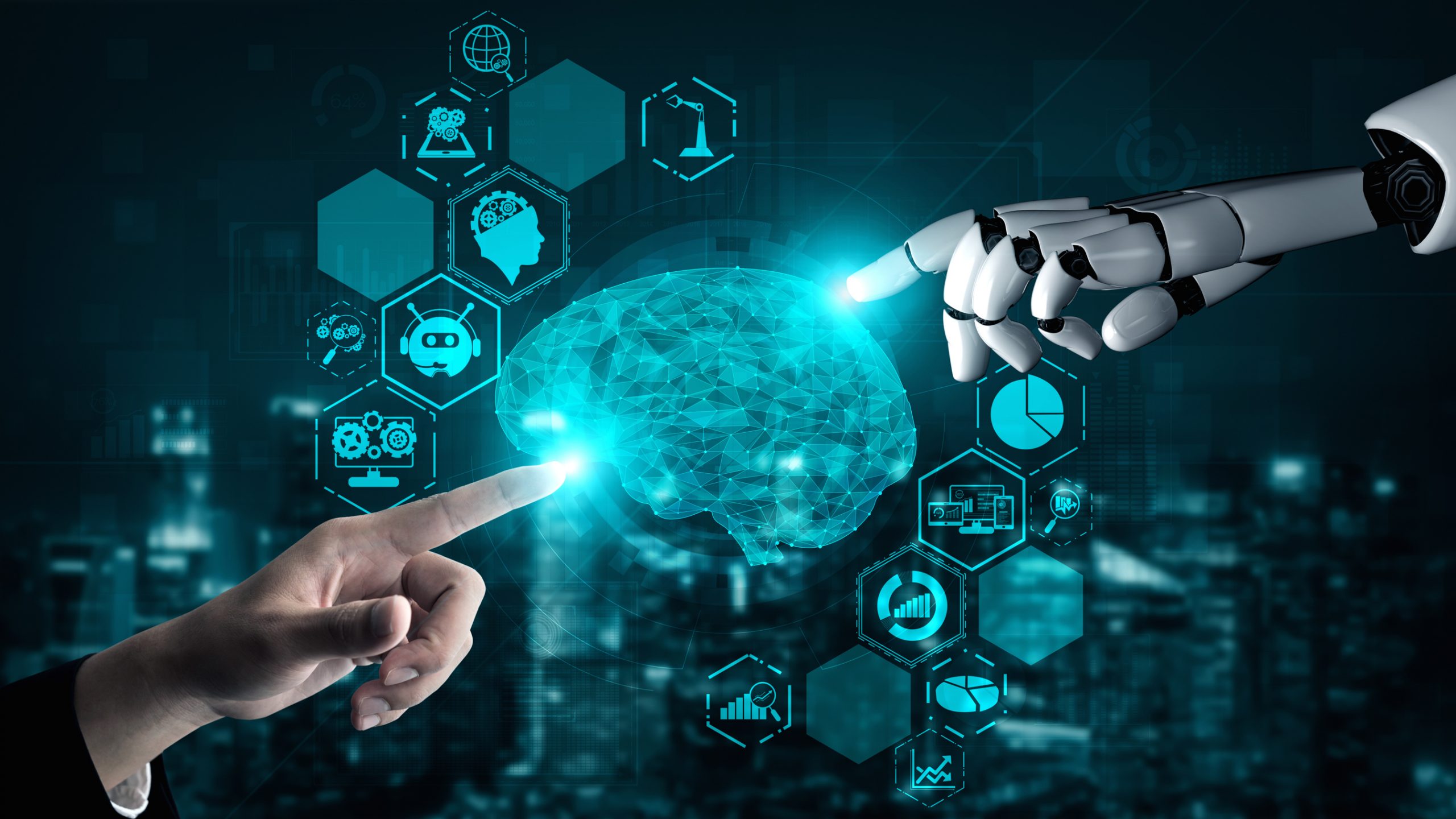
All these and more are intimidating questions. They force us to seriously think about the issues that arise concerning the execution of AI innovation in the field of education. We can no longer just ask: 'How do we get ready for an AI world?' We must go deeper: garagesale.es 'What should a world with AI appear like?' 'What functions should this powerful technology play?' 'On whose terms?' 'Who chooses?'
Teachers are the main users of AI in education, and they are expected to be the designers and facilitators of trainees' knowing with AI, the guardians of safe and ethical practice across AI-rich instructional environments, and to act as good example for lifelong discovering AI. To assume these duties, instructors need to be supported to establish their abilities to take advantage of the possible benefits of AI while reducing its risks in education settings and larger society.
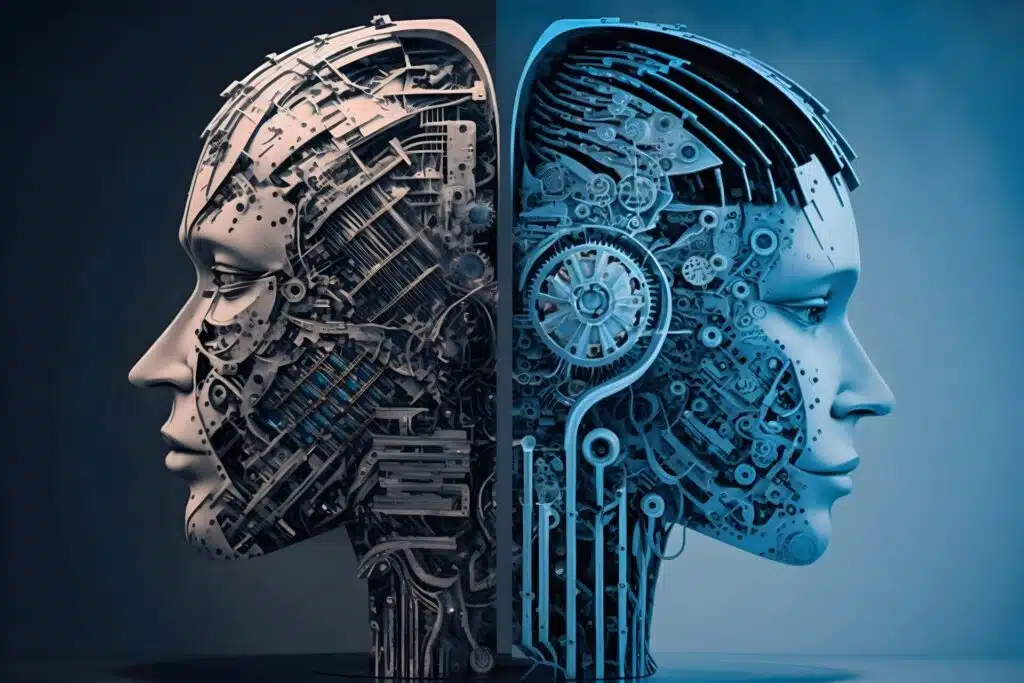
AI tools ought to never be developed to change the genuine responsibility of instructors in education. Teachers must remain accountable for pedagogical choices in using AI in teaching and in facilitating its uses by students. For instructors to be accountable at the practical level, photorum.eclat-mauve.fr a pre-condition is that policymakers, teacher education institutions and schools presume responsibility for preparing and supporting instructors in the appropriate usage of AI. When presenting AI in education, legal securities should also be developed to safeguard instructors' rights, and long-lasting monetary dedications need to be made to guarantee inclusive gain access to by instructors to technological environments and basic AI tools as essential resources for adjusting to the AI era.
A human-centered approach to AI in education is important - an approach that promotes crucial ethical and
useful concepts to help regulate and assist practices of all stakeholders throughout the entire life process of AI systems. Education, offered its function to safeguard in addition to help with advancement and knowing, has an unique responsibility to be completely conscious of and responsive to the dangers of AI - both the recognized threats and those only just emerging. But frequently the threats are neglected. Using AI in education therefore needs cautious consideration, including an evaluation of the progressing roles instructors need to play and the proficiencies required of instructors to make ethical and effective usage of Expert system (AI) Technology.
While AI offers opportunities to support instructors in both teaching as well as in the management of learning procedures, significant interactions between instructors and trainees and human flourishing must stay at the center of the instructional experience. Teachers need to not and can not be replaced by technology - it is crucial to secure instructors' rights and make sure adequate working conditions for them in the context of the growing use of AI in the education system, in the work environment and in society at big.
